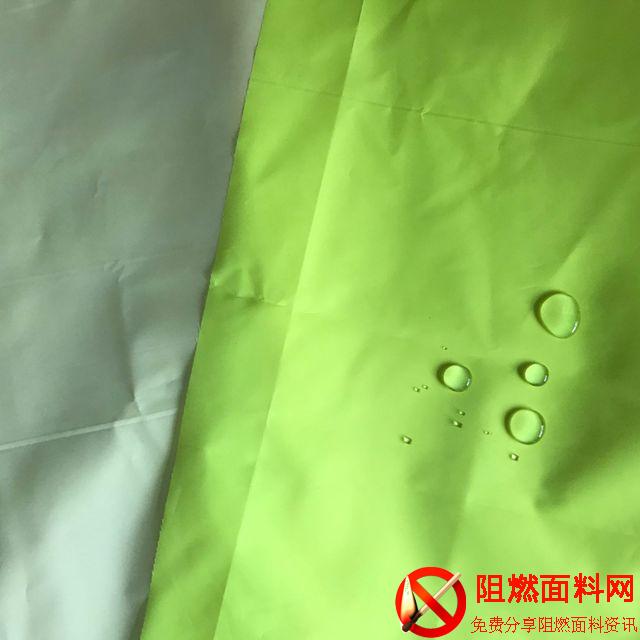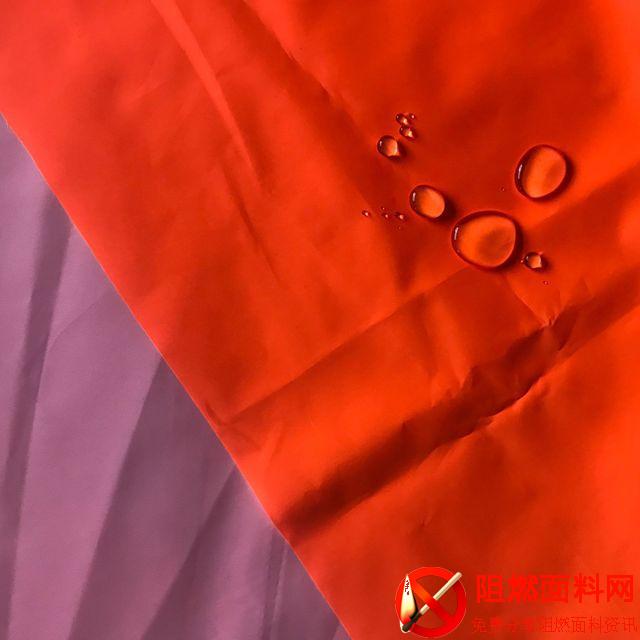Aramid-high performance fiber material in national defense industry
Aramid-High-performance fiber material in national defense industry
High-performance fibers refer to fibers with high strength, high modulus, high temperature resistance, corrosion resistance, refractory combustion, and outstanding chemical stability. Among the many high-performance fibers, only a few varieties such as carbon fiber, aramid fiber and ultra-high molecular weight polyethylene fiber are produced on a scale of more than 10,000 tons in the world. Among them, aramid fiber has become the most widely used and produced high-tech fiber with its excellent comprehensive properties and diverse forms. It has indispensable properties in the fields of national defense, aerospace, aviation, automobiles, and new energy development. The role of substitution.
Aramid uses include:
1. Satellite, 2. Bulletproof vehicle, 3. Rocket engine,
4. Tire frame, 5. Brake pad, 6 Oil well platform
Aramid fiber has excellent mechanical properties and stable chemical properties. At least 85% of the amide chains (—CONH—) on the macromolecular chain are directly connected to two benzene rings. The global aramid fiber production capacity has exceeded 80,000 tons/year, and the demand has exceeded 100,000 tons/year. At present, only a few countries such as the United States, Japan, Russia and China have achieved industrialized production.
01
Introduction to aramid
The full name is “aromatic polyamide fiber”. The main types of aramid fibers include aramid 1313 (meta-aramid), aramid 1414 (para-aramid, also known as aramid II), aramid III (para-aramid). Cycloaramid).

1. Meta-aramid–aramid 1313
Aramid 1313 is a kind of meta-aramid, which was first successfully developed by DuPont in the United States and achieved industrial production in 1967. The product was registered as Nomex.
It has long-term thermal stability, which is its most important characteristic. It can be used for a long time at a high temperature of 200 ℃ without aging, and has excellent dimensional stability. Meta-aramid is inherently flame retardant, with a limiting oxygen index (LOI) of >28%. It will not spontaneously ignite or melt in the air, nor will it produce droplets, and will self-extinguish upon leaving the flame.
Aramid 1313 honeycomb panel
Meta-aramid has excellent electrical insulation, and the insulating paper made from it has a breakdown voltage of up to 20 kV/mm. Meta-aramid has excellent corrosion resistance and radiation resistance. In addition, meta-aramid also has low rigidity and high elongation, and can be processed by conventional textile machinery.
2. Para-aramid
The main varieties of para-aramid are aramid 1414 (such as DuPont Kevlar from the United States, Teijin Twaron from Japan, etc.) and aramid III (Armos from Russia, STARAMID F-3 from China).
The most outstanding properties of para-aramid are its high strength, high modulus, light weight and outstanding heat resistance. Its comprehensive performance is better than aramid 1313.
The heat resistance of para-aramid is higher than that of meta-aramid. It can still maintain its original strength after hundreds of hours at a high temperature of 200℃, and it will not decompose or melt at a high temperature of 560℃. In addition, para-aramid also has good impact resistance, corrosion resistance and fatigue resistance.
Because para-aramid has the above advantages, it is known as “bulletproof fiber” and is widely used in aerospace, national defense, personal protection, sports and leisure and other fields.
(1) Para-aramid–aramid 1414
Aramid 1414 is an all-para-aramid fiber, commonly known as aramid II. It was successfully developed by DuPont in the late 1960s. Its product was first launched in 1972 and was named Kevlar. The discovery of aramid 1414 is considered an important milestone in the development of the materials community.

Aramid 1414 has extremely high strength, greater than 28 g/denier, which is 5 to 6 times that of high-quality steel, its modulus is 2 to 3 times that of steel or glass fiber, its toughness is twice that of steel, and its weight is only that of steel. 1/5. (The strong toughness of aramid 1414 also makes cutting and processing extremely difficult, requiring expensive special tools).
Aramid 1414 body armor
At present, aramid 1414 has been widely used as a high-tech fiber material in various aspects of the national economy such as military, aerospace, electromechanical, construction, automobiles, marine aquatic products, sporting goods, etc.
(2) Para-aramid – Aramid III
Aramid III is a type of para-aramid, a ternary copolymer aromatic polyamide fiber, and a high-tech special fiber with excellent performance. Because it contains a heterocyclic structure, it is also called heterocyclic aramid. It was first developed in Russia by the All-Soviet Synthetic Fiber Research Institute in the 1978s, and the product was registered as Armos. In China, Zhonglan Chenguang took the lead in developing and realizing industrialization in 2005.
Aramid III is at the top of the aramid family, and its comprehensive performance is even better than aramid 1414. It is the organic fiber with the best comprehensive performance in domestic batch production.
Aramid III has excellent functional properties such as reinforcement, weight reduction, corrosion resistance, degradation resistance, and high temperature resistance. It is a core basic material supporting cutting-edge industries such as contemporary aerospace, military industry, and life protection, and a strategic material that directly affects national security interests. It has broad market prospects and urgent practical needs.
02
&nbs�Being the second country besides Russia to own this technology, it solves the long-term dependence on foreign imports of this key military material. It has significant military and social benefits and is an important milestone in the localization of high-performance fibers in my country.
3. Development prospects
In the future, the amount of aramid 1313 fiber used in the field of protective clothing in my country will increase at a rate of more than 30% per year. The amount of aramid colored fiber used in the production of protective clothing and other interior decoration products will also increase. Curtains for lightweight automotive radial tires will also increase. The demand for cloth and brake pads is rising, and it is expected that the annual demand for para-aramid will grow at a rate of more than 10% in the future. With the development of my country’s energy industry, the use of para-aramid reinforced rubber and thermoplastic resin as high-pressure resistant transmission pipelines for oil and liquefied natural gas will be developed.
At present, aramid III is mainly used in the fields of rocket engines and aircraft components. However, due to its excellent properties such as light weight, high strength, impact resistance, high temperature resistance, good flexibility, and wear resistance, it has been widely used in bulletproof, armor, tires, electronics and other fields. There are tons of applications. In the future, with the continuous development of aramid III products and their applications, its market will continue to expand.




